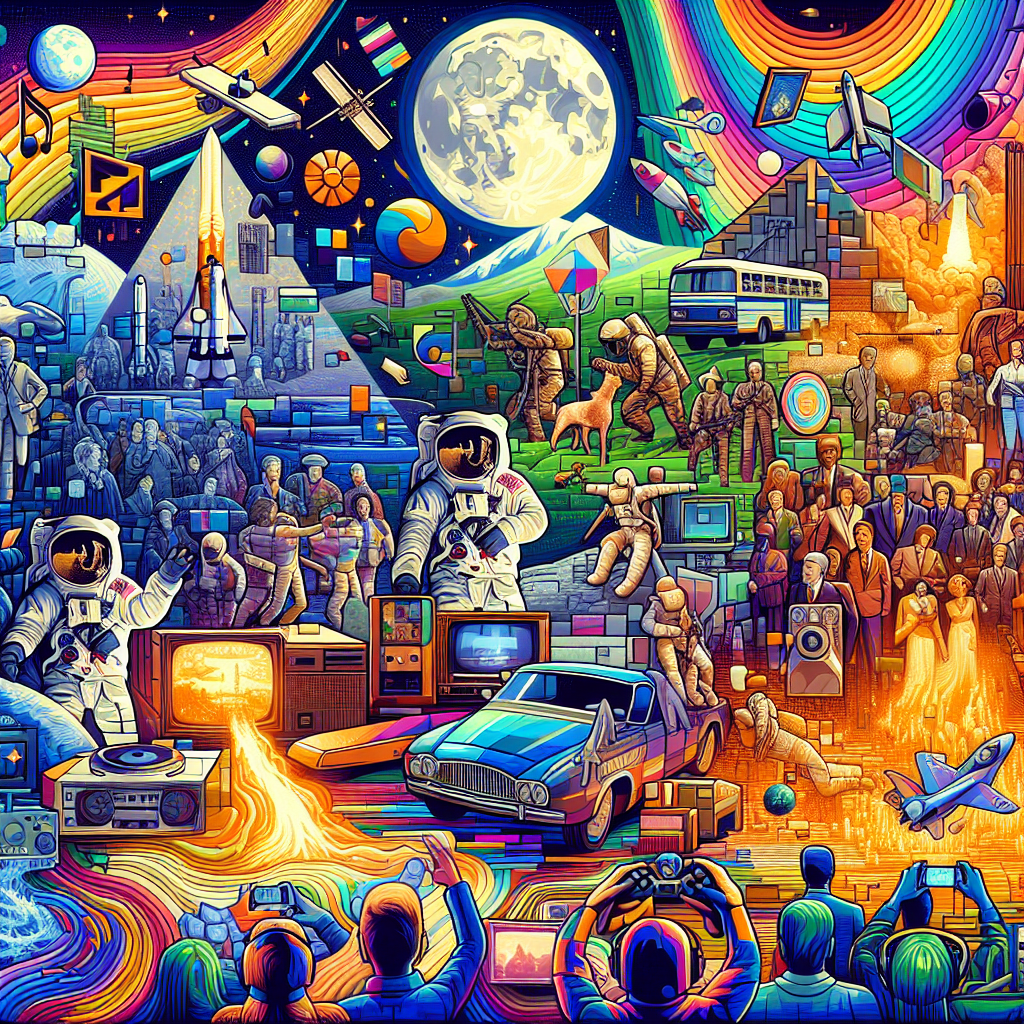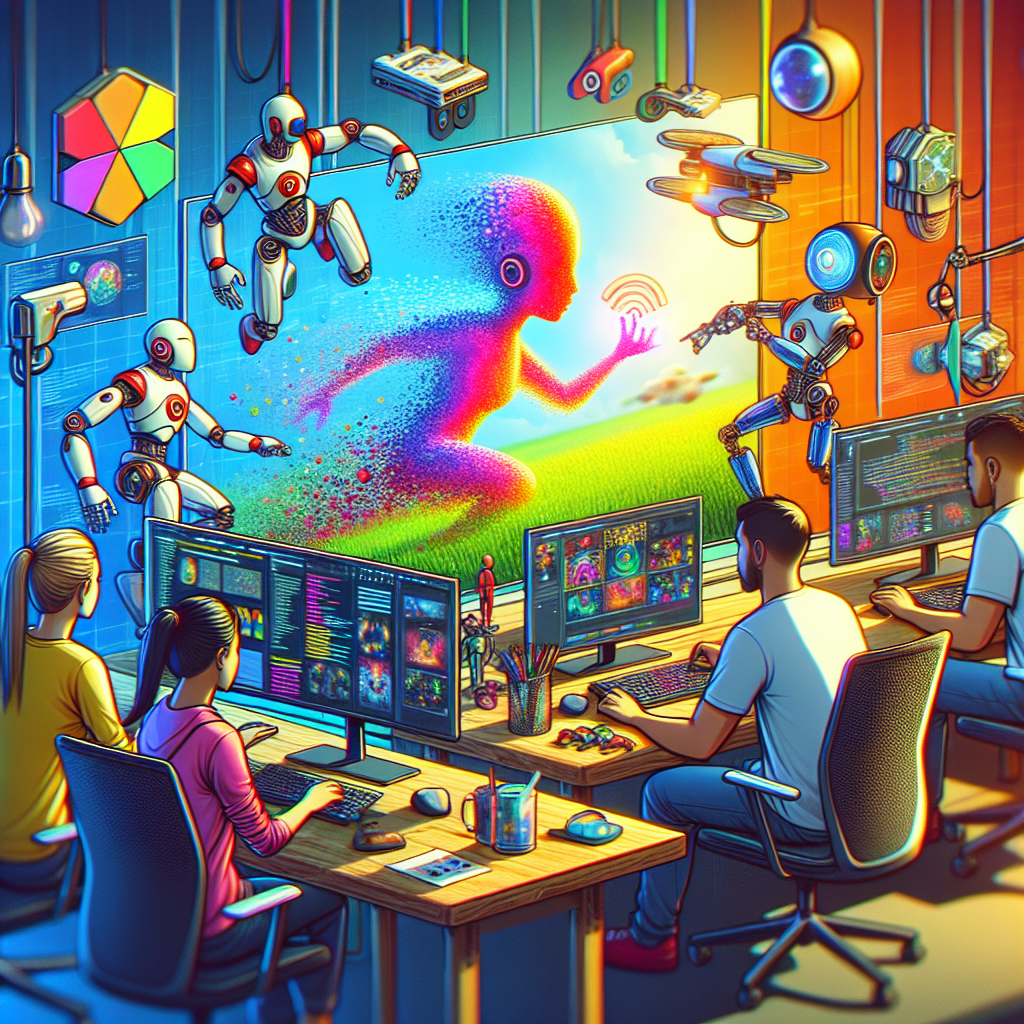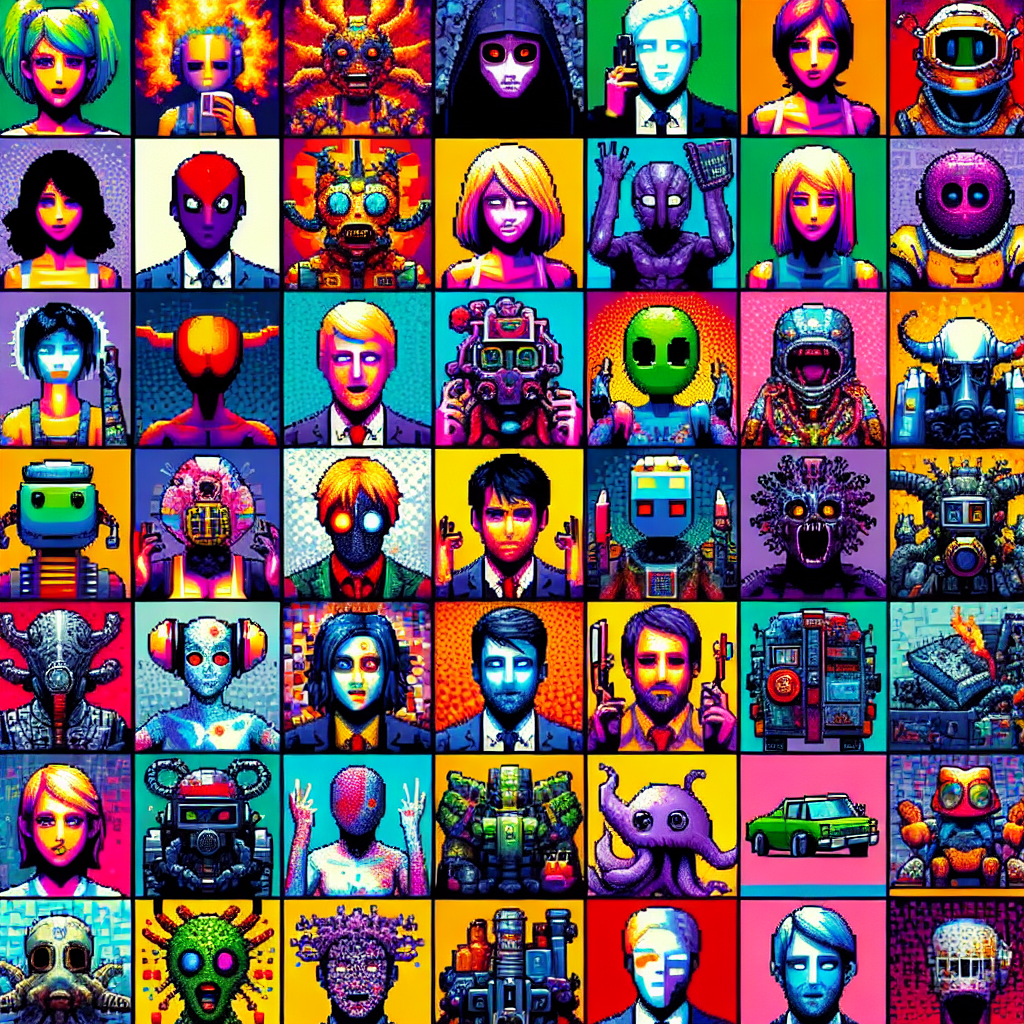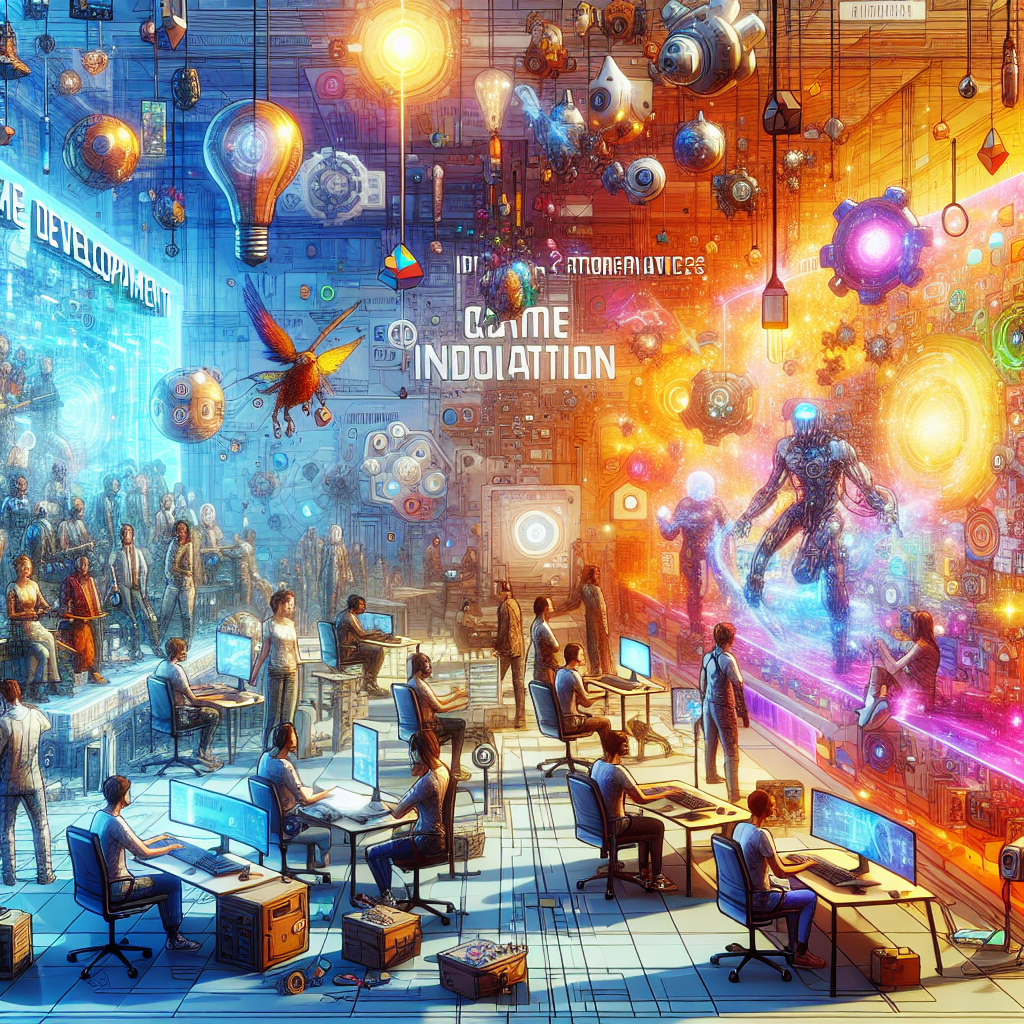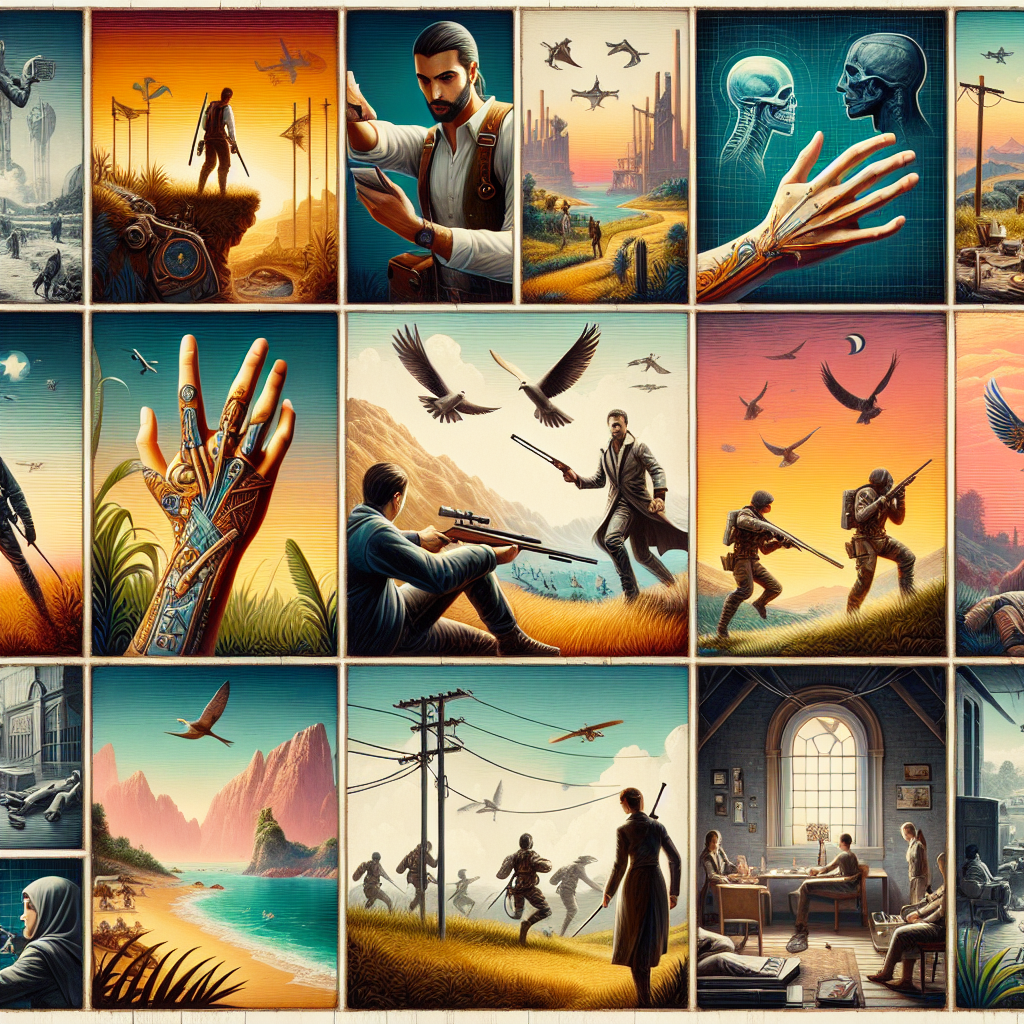The evolution of gaming has been significantly influenced by various historical events shaping today’s games. From wars to cultural movements, these events have left an indelible mark on how games are developed, their narratives, and the cultures that surround them.
The Impact of War on Game Development
War has been a pivotal theme in gaming, with countless titles drawing inspiration from real-life conflicts. The World Wars, for instance, have provided a backdrop for many first-person shooters and strategy games. Titles like “Call of Duty” and “Battlefield” not only entertain but also serve as reminders of the sacrifices made during these tumultuous times.
Moreover, the portrayal of war in games often reflects the societal attitudes of the era. For example, during the Cold War, many games emphasized themes of espionage and nuclear threat, mirroring the fears and tensions of the time. Today, as global conflicts continue, the representation of war in games raises questions about morality, heroism, and the consequences of violence.
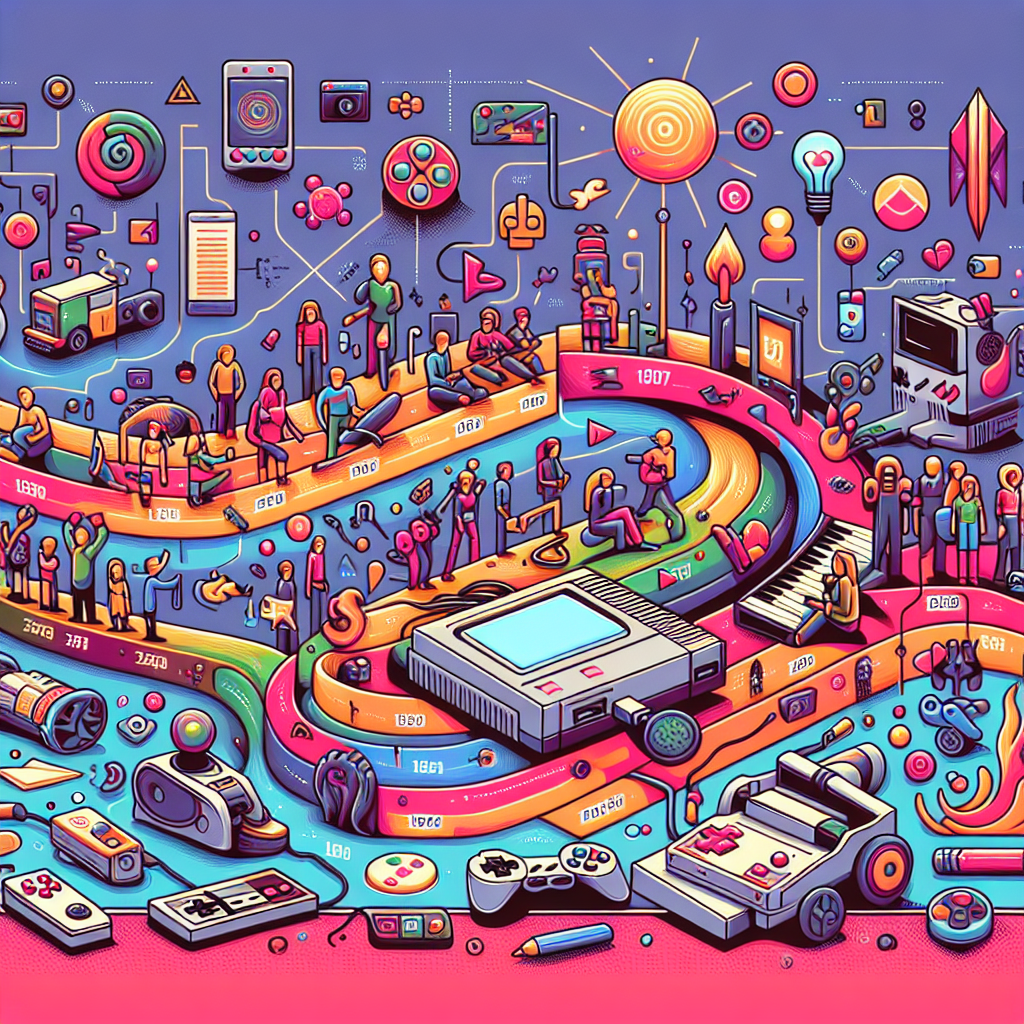
Cultural Movements and Their Influence
The historical events shaping today’s games are not limited to wars; cultural movements have equally played a crucial role. The civil rights movement, feminism, and LGBTQ+ rights have inspired game developers to create more inclusive narratives and characters. Games like “The Last of Us Part II” and “Life is Strange” showcase diverse perspectives, allowing players to engage with social issues in a meaningful way.
As society evolves, so do the themes explored in gaming. Developers are increasingly aware of their social responsibility, aiming to create experiences that resonate with a broader audience and reflect contemporary values.
The Rise of Technology and Its Historical Context
Technological advancements have also been shaped by historical events, which in turn influence gaming. The rise of the internet, for example, transformed how games are played and shared. The dot-com boom of the late 1990s and early 2000s paved the way for online multiplayer games, changing the landscape of gaming forever.
Furthermore, the advent of mobile technology and social media has opened up new avenues for storytelling and community building within games. Titles like “Fortnite” and “Among Us” have utilized these platforms to create engaging experiences that connect players worldwide.
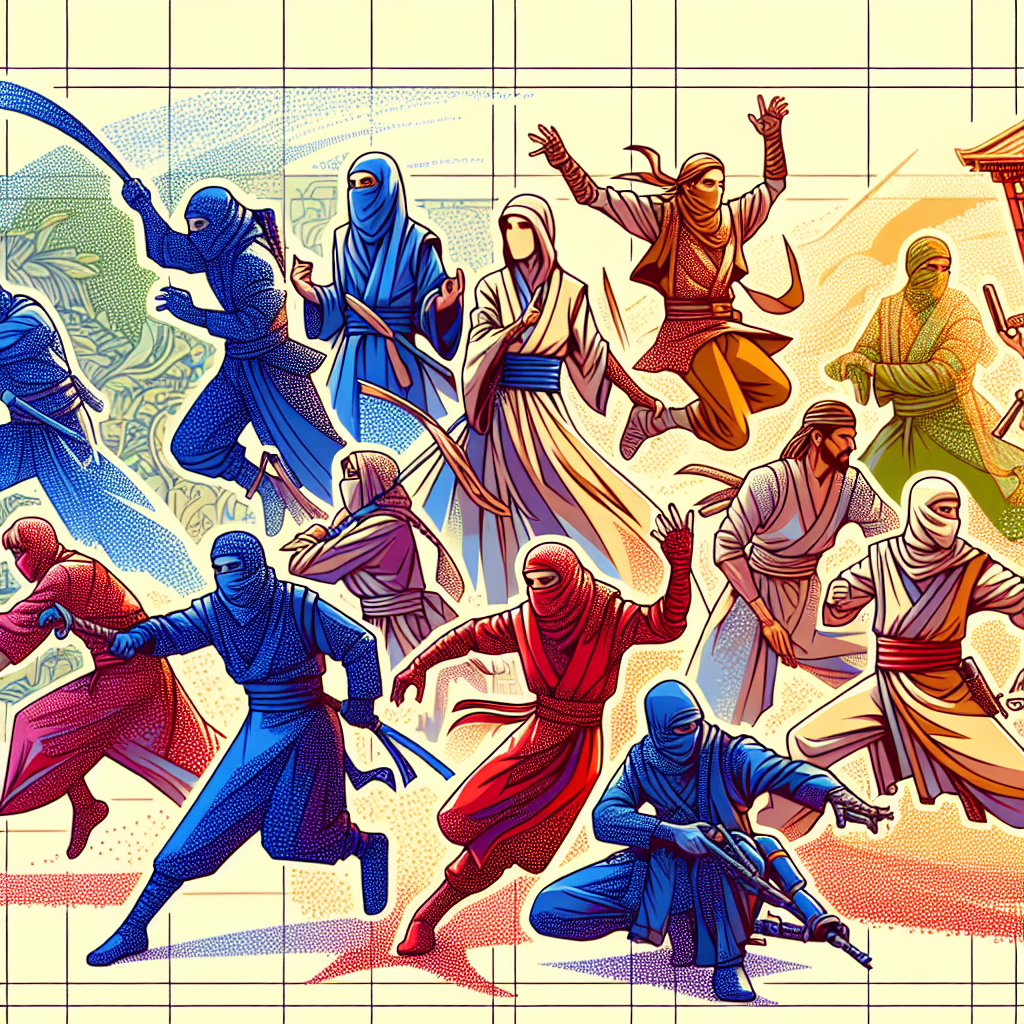
In conclusion, the historical events shaping today’s games are diverse and multifaceted. They encompass wars, cultural movements, and technological advancements, all of which contribute to the rich tapestry of modern gaming. As we look to the future, it’s essential to recognize these influences and consider how they will continue to shape the games we play.
Some content and/or images on this page were created using AI.

